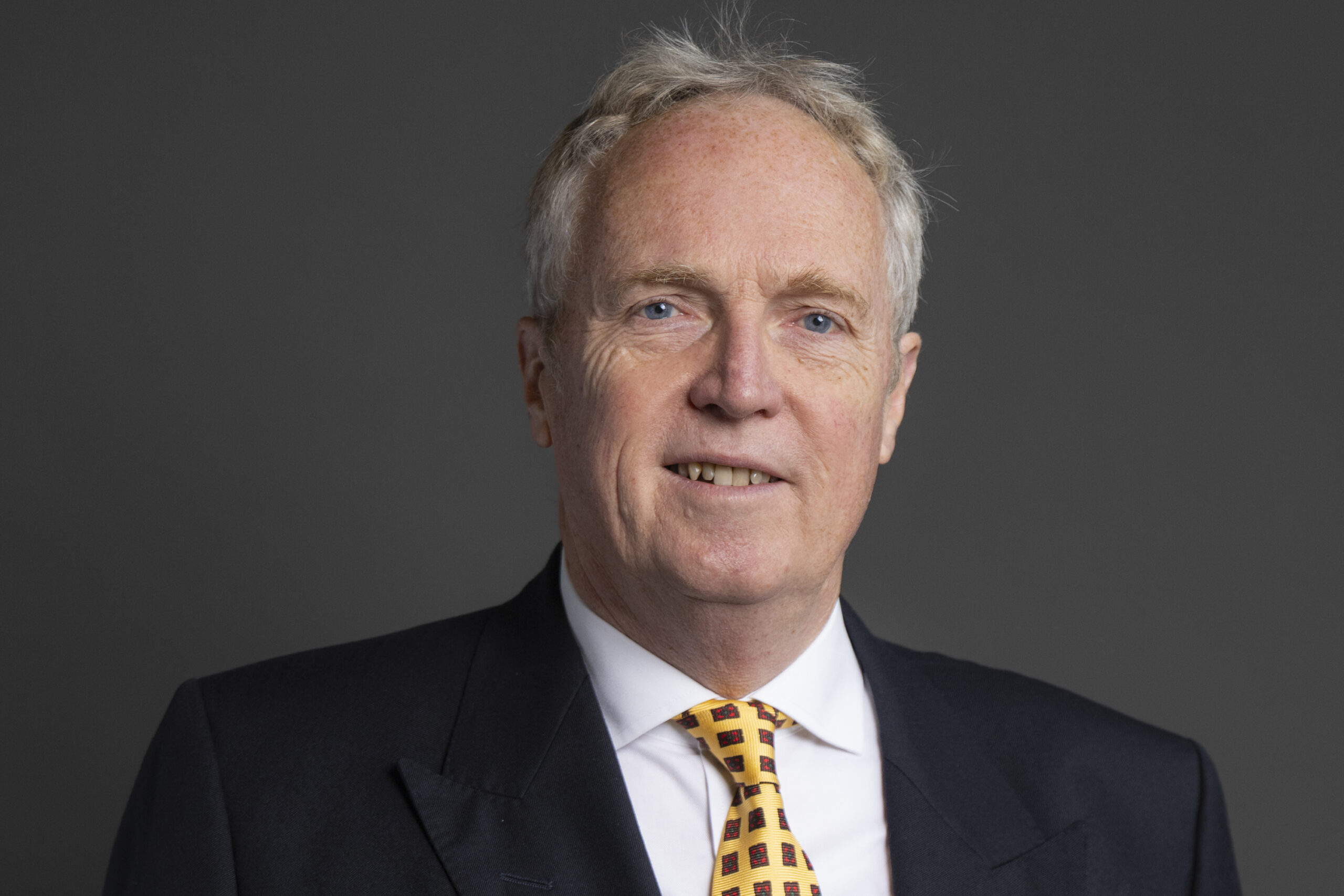This week, as we pause to remember the fallen of past wars, another war – every bit as brutal and inhumane – is raging in Sudan.
It is a conflict so devastating that the Foreign Secretary recently called it “the largest humanitarian crisis of the 21st century.” In the city of El-Fasher, after an eighteen-month siege, reports have emerged of mass executions. The evidence of carnage is so vast that it can literally be seen from space, with horrific satellite imagery of bodies in the streets. Those who have witnessed it describe conditions as ‘apocalyptic’.
None of this was unexpected. Human rights groups and conflict monitors warned repeatedly that El-Fasher was on the brink of catastrophe. Comparisons with Srebrenica are not misplaced – though in some ways, El-Fasher is worse. There are no UN peacekeepers, no international witnesses, only the victims and their killers. What we are seeing is not chaos; it is a calculated campaign of ethnic cleansing. The Fur, Zaghawa, Berti and Masalit peoples have all been systematically targeted – a continuation of strategies that began more than twenty years ago.
Despite international condemnation, the violence continues. The UK has supported the International Criminal Court and UN investigations, and many Members of Parliament have spoken out. Yet clearly, what has been done so far is not enough.
Humanitarian workers, the last lifeline for many Sudanese, are also being killed. Organisations such as Doctors Without Borders (MSF) and the Red Cross are working in impossible conditions, treating hundreds of people fleeing El-Fasher – men, women and children suffering from gunshot wounds, malnutrition and torture. As a former aid worker who once lived in Sudan, I was heartbroken to learn of the killing of five Sudanese Red Crescent volunteers in North Kordofan. Their courage, compassion and sacrifice deserve our deepest respect – and our renewed determination to ensure their work is not in vain.
The UK Government must now be bolder, more direct and more proactive. As UN Security Council Penholder on Sudan and co-lead on the protection of civilians at the UN Human Rights Council, Britain has both the means and the moral responsibility to act. We welcomed the recent announcement of an additional £5 million in aid on top of £120 million already pledged this year, including £2 million specifically to support survivors of sexual violence. But this is only a start. The scale of suffering demands an equally large-scale response.
This war has been especially cruel to women and girls. Many have endured sexual violence with no hope of justice or even access to basic medical care. Supporting them is not just humanitarian work – it is a moral imperative.
We must also learn from past failures. The organisation Prevention Approaches, which foresaw the massacre in El-Fasher, now warns that the city of Tawila may be the next target. The Government should heed that warning. We must not stand by as another city falls. Every diplomatic effort must be made to secure unimpeded humanitarian access, open corridors for civilians to escape, and ensure that fleeing families are not simply moving from one death trap to another. A third of children under five in El-Fasher are suffering from acute malnutrition. Some have been reduced to eating animal feed and plant waste to survive. That cannot be allowed to continue.
The supply of weapons is the oxygen keeping this conflict alive. The UK, as Penholder, should lead a global push for a binding, enforceable arms embargo across Sudan. And crucially, we must suspend arms sales to the United Arab Emirates, whose weapons have reportedly reached the militias committing these atrocities. As my colleague Monica Harding (Esher and Walton) has said: equipment made on British soil must never end up in the hands of war criminals.
The atrocities unfolding in Sudan are not hidden. Journalists from the BBC, The Guardian, and Al Jazeera, along with countless Sudanese voices online, are documenting the horror despite censorship and danger. History will remember this moment – just as it remembers Srebrenica – as a time when the world either acted or turned away.
The UK can and must lead. Following the London Sudan Conference earlier this year, the Government should convene a new peace summit – akin to the Lancaster House talks for Zimbabwe. Bringing all sides together on neutral ground to chart a path toward peace, reconciliation and rebuilding, with UN or African Union Peace Keepers / Makers given a role on the ground.
The world must not look away again.
The world must not look away again from the atrocities unfolding in Sudan

